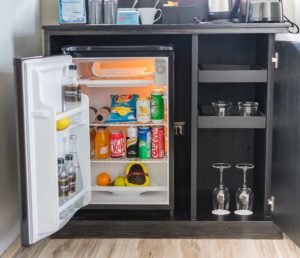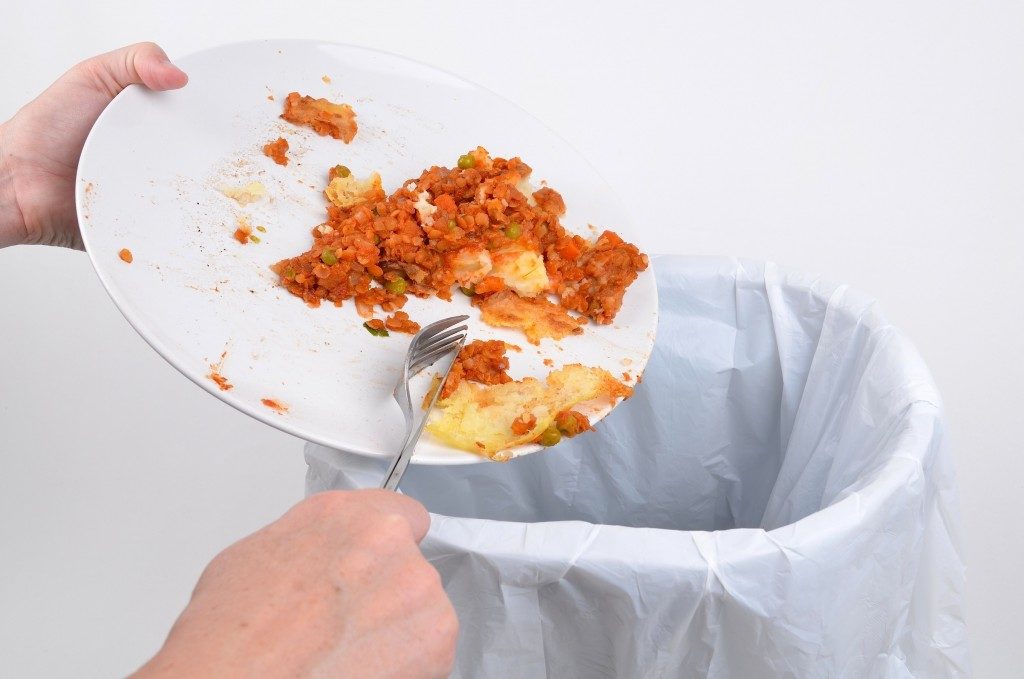Pope Francis once said, “ Throwing away food is like stealing from the table of those who are poor and hungry.”
Very conscientious words from a conscientious man.
Even if you don’t share the same beliefs and values as the Pope, the fact is food is wasted every day which could have benefited other people and animals.
It could also have saved establishments and individuals a lot of money and could help protect the environment from greenhouse gases.
How Wasted Food Affects Us
According to a Forbes article, wasted food in the form of uneaten food ends up wasting one-fourth of our water supply which is about $172 billion in wasted water. The article also goes on to say that when food is wasted and sent to landfills, it produces methane, a form of greenhouse gas that is 21 times more potent as a global warming element compared to carbon dioxide.
For this reason, food waste recycling companies began springing up, hoping to lessen the amount of wasted food and help keep the environment a lot safer. Companies like GF Commodities are one of the known businesses that specialize in the collection and transport of UCOs, animal fats, and yellow grease. You can learn more about what they do from their site to give you an idea how companies like them are helping Mother Nature.
7 Practical Things You Can Do at Home to Lessen Your Food Waste
1. Plan your meals.
Create a weekly menu and list down the meals you plan to eat in a week. This will help you narrow down your shopping list to just the essentials based on your menu. This way, you can prevent any unnecessary food spoilage.
2. Shop smart.
This may sound easy, but when you’re already at the supermarket, it is easy to give in to the temptation of buying things that aren’t on your list. Remember, the goal is to minimize food waste.
Be disciplined and stick to what’s on your list. This will not only help save you money, but it will also help keep track of what you eat and maintain your health — so long as your menu is made up of healthy meals.
3. Cook just the right amount and do not overserve.
The restaurant culture has trickled into our homes where we have started serving more than ample servings. One way to minimize this is to cook lesser food and start serving smaller portions in smaller plates.
4. Store and reheat leftovers.
Do not throw out leftover food. Instead, store them in sealed containers and put them in the fridge or freezer. Reheat them for lunch or dinner the following day.
5. Organize your fridge and pantry.

Check your stock and see if there are food items you completely forgot. Check the expiration dates and rearrange the racks with food brought earlier in front and those bought at a later date in the back. Practice the first-in-first-out method.
6. Keep track of all the food you throw away.
Listing down the food you throw away kind of gives you an idea of how much wasted food you produce on a weekly or monthly basis. This awareness can help you prevent it from happening again in the future.
You can even add a price tag to each item so you’re also aware of how much money you’re wasting.
7. Donate food to food shelters and community centers.
Do an inventory of your supplies and see which ones you are unlikely to consume anymore. Donate them to food banks and charities before they expire.
Let’s all do our part and become better stewards of the resources we have, including food. Minimize waste, help feed others, and help protect the environment. It all starts at home.





